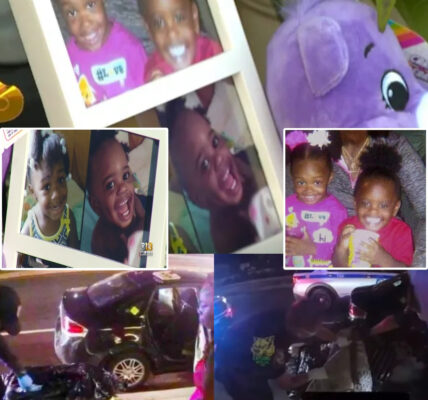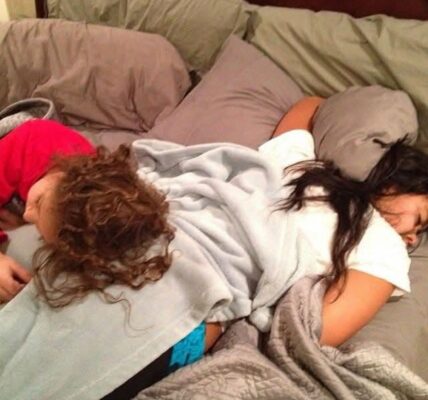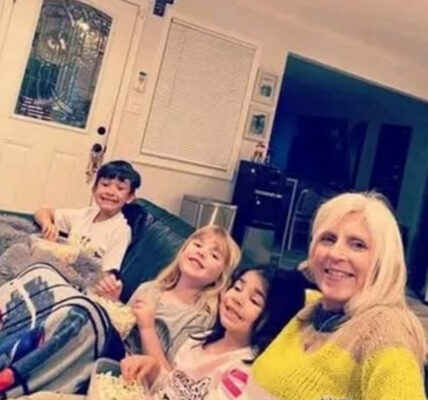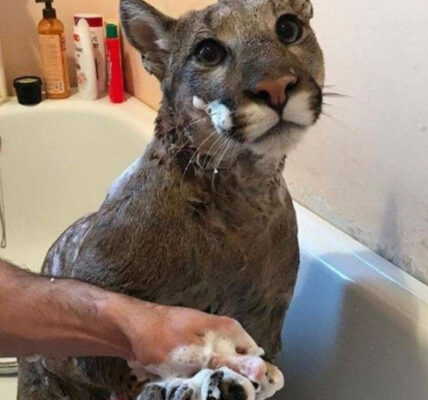The most important thing to understand about childhood cancer is how cruelly unfair it is. It doesn’t choose, it doesn’t wait, and it doesn’t explain. It steals laughter from playgrounds and replaces it with hospital walls, IV drips, and whispers of hope that sometimes fade before sunrise.

I learned this truth through a little girl named Amy. She was seven — small, bright-eyed, with a laugh that could still light up the sterile corridors of the oncology ward. I met her during my volunteer rounds, and we became friends almost instantly. She liked to talk, not about her illness, but about the sky, the stars, and how rainbows were “the angels’ paintbrushes.”
Over weeks, we shared quiet moments — coloring pictures, telling stories, and pretending that the beeping monitors around us were just “music from space.” But behind her smiles, Amy understood more than any child should.
One afternoon, as sunlight filtered through the blinds, she looked at me with those serious, searching eyes and asked, “Does it hurt to die?”
The question silenced the world. Nurses walked by, machines hummed, but all I heard was the trembling voice of a child trying to make peace with something far too big.
Children with cancer often know. They feel their bodies weakening, the air growing heavier, and yet they keep smiling — not because they don’t understand death, but because they still believe in something beyond it.
I told her the only truth that felt gentle enough to hold her fear. “Amy,” I said softly, “there are tiny demons inside your body — they don’t belong there. But when your body gets tired of fighting them, something beautiful will happen. You’ll fly away with the angels. You’ll help them make rainbows for all of us.”
She blinked. “Really?”
“Really,” I whispered. “You’ll run and play in golden fields, where no one gets sick. You’ll laugh again. You’ll see the smiling face of God.”
That night, she slept peacefully for the first time in days.
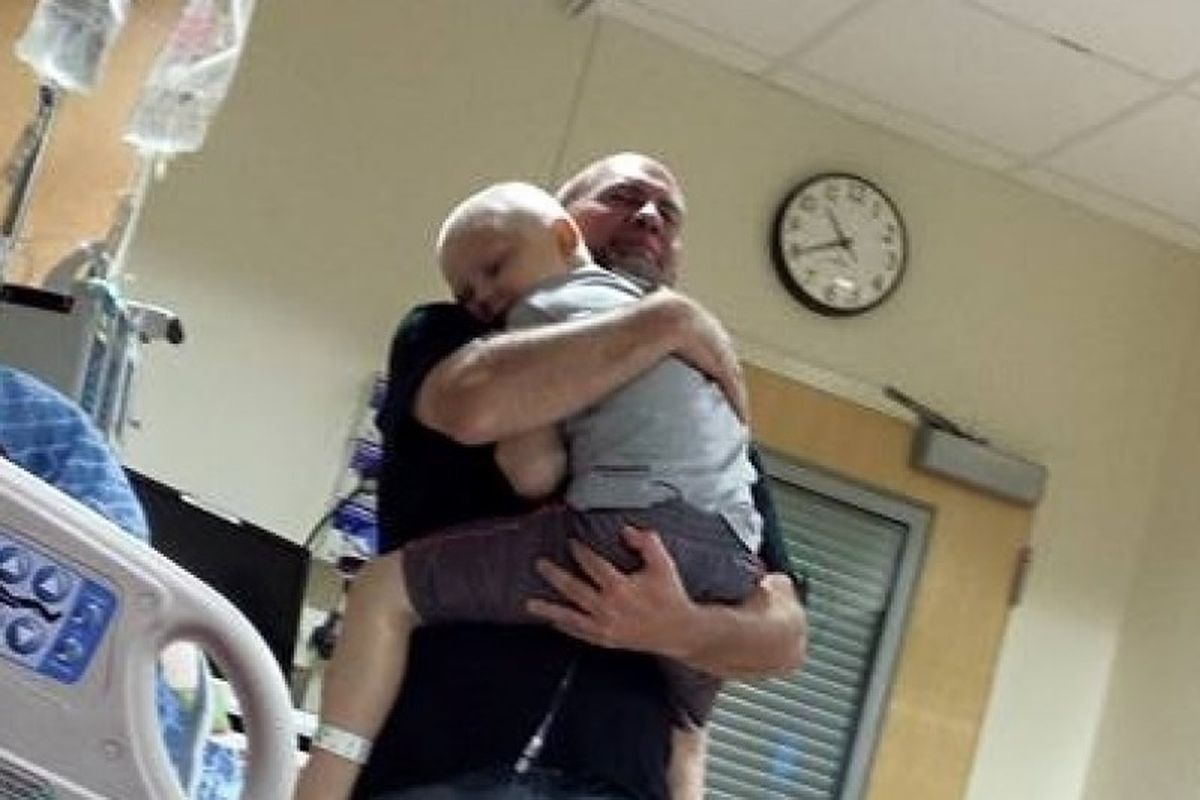
Days turned into weeks, and her body grew weaker. The nurses said she was “resting more.” Her mother stayed by her side, holding her hand, whispering lullabies between tears. One evening, as I arrived, the room was quiet except for the faint rhythm of her breathing. I sat by her bed, and she opened her eyes just enough to whisper, “Tell the angels I’m ready to paint.”
Those were her last words.
Amy passed away that night — gently, like a candle flickering out after giving all its light.
When I walked out of the hospital, I looked up at the sky. It was raining lightly, and just beyond the clouds, a rainbow arched across the horizon. I don’t know if it was coincidence or grace, but in that moment, I believed she was there — brush in hand, painting hope into the world.
The cruelty of childhood cancer lies not just in its pain but in its theft — it steals futures that never get to bloom. But what it cannot take away is love, nor the courage that children like Amy teach us. They face death not with despair, but with quiet bravery and wonder.
If medicine fails, love must not.
Hold your dying child until you can’t. Whisper that they are loved, that they will always be remembered. Let them leave this world not in fear, but in hope — believing that somewhere beyond all this pain, there is light, laughter, and freedom.
Childhood cancer is cruel. But within that cruelty, there are moments of unbearable beauty — the kind that reminds us what humanity truly means.
Because when science reaches its limit, love becomes the cure.

